Partnerships Make A Difference Helping Families Thrive
By Shalynn Kellogg, January 2024
As we start a new year, it is most appropriate to celebrate our accomplishments over the past year and re-evaluate our work processes, human capital, and organizational resources to ensure success. Many nonprofit organizations like to tout their accomplishments, but as the adage states, “It takes a village.”
As a nonprofit leader in housing services, a key component of our organizational success is strong working relationships with our community partners. We can’t do this work alone. Like fundraising and new donors, we are continuously cultivating new community partnerships because they are a vital ingredient in ensuring we meet the needs of our families.
Why are partnerships critical to a thriving community?
For us at the Housing Partnership, our community partners, such as Neighborhood House, provide vital child care services and after-school programs as well as essential services, and the Housing Partnership for Morris County partners with a financial empowerment curriculum, providing youth with crucial financial skills to build their economic future.
Working in many communities nationwide, several vital components work to serve the needs of residents and the organizations that work with families in need.
Where to begin
The first step in cultivating new partnerships is completing an organization-wide internal inventory. This inventory considers program assessments, highlighting your organization’s strengths, determining client needs, finding those service gaps, and identifying achievable service deliverables. Those data points should be the launching point to guide your efforts to cultivate and grow community partnerships.
Increasing Impact
Community partners help organizations engage and build trusting relationships within underserved neighborhoods. By partnering, organizations can combine resources to impact their services significantly. These collaborations allow organizations to pool resources such as staff, volunteers, supplies, staff, and in-kind donations, which reduce program costs. Creating stronger partnerships helps promote your organization’s mission and increase awareness of your work.
Matching Common Goals
Community organizations with similar goals and programs have an unmatched opportunity to join forces when applying for funding. This can be a meaningful way to strengthen your grant proposals. Funders favor proposals where collaborations extend the reach and impact of the grant.
Sharing Strengths and Shoring Up Weaknesses
Collaborations allow each organization to lead aspects of the project where they have expertise. For example, we work with many families needing to repair their financial circumstances. We have expanded our partnerships with banks that can help us provide consumer products at lower rates than a traditional loan or account. In each program, we target individuals who are either outside of conventional banking, are first-generation homebuyers, are Spanish-speaking, or are unstably housed. Accordingly, to succeed, we rely on our partners to link with clients, build credibility, help secure available permanent housing, and bridge to other funding opportunities.
Assessment
In any relationship, evaluating whether your goals are being met and finding ways to improve the relationship are always good ideas. Concurrently, if it’s not working, seeking a new partner to meet your needs can become part of your 1stquarter activities. In either case, keeping the client’s needs in mind will help you make the right choice.
About the Author: Shalynn Kellogg
As a long-time advocate for families in need, Shalynn Kellogg serves as the executive director of the Housing Partnership of Morris County. Throughout her 20-year career, Ms. Kellogg has developed housing counseling programs and housing development programs for community action agencies and housing entities and launched a Community Development Financial Institution (CDFI). Most recently, Ms. Kellogg served as the Diversity Relations Director at the Idaho Hispanic Foundation, where she worked in underserved communities, building economic development initiatives to create community well-being. As a certified NeighborWorks Center for Homeownership Education and Counseling financial counselor and coach, Ms. Kellogg specializes in all phases of housing counseling, strategic planning, and foreclosure mitigation.


